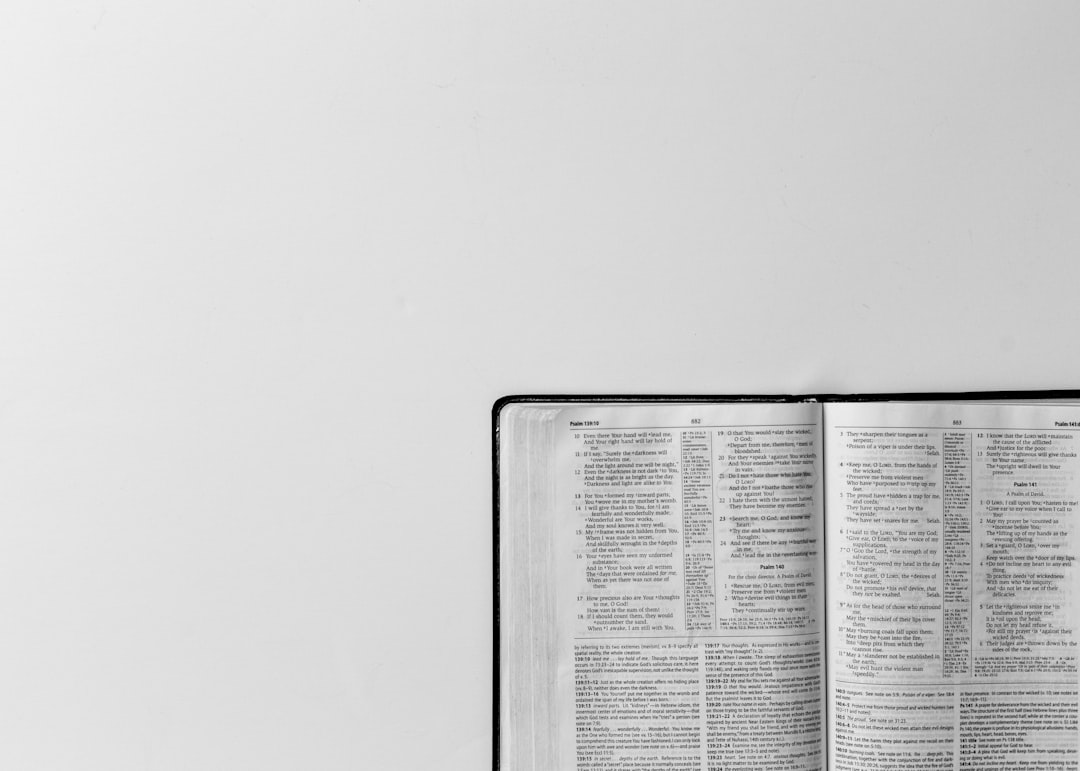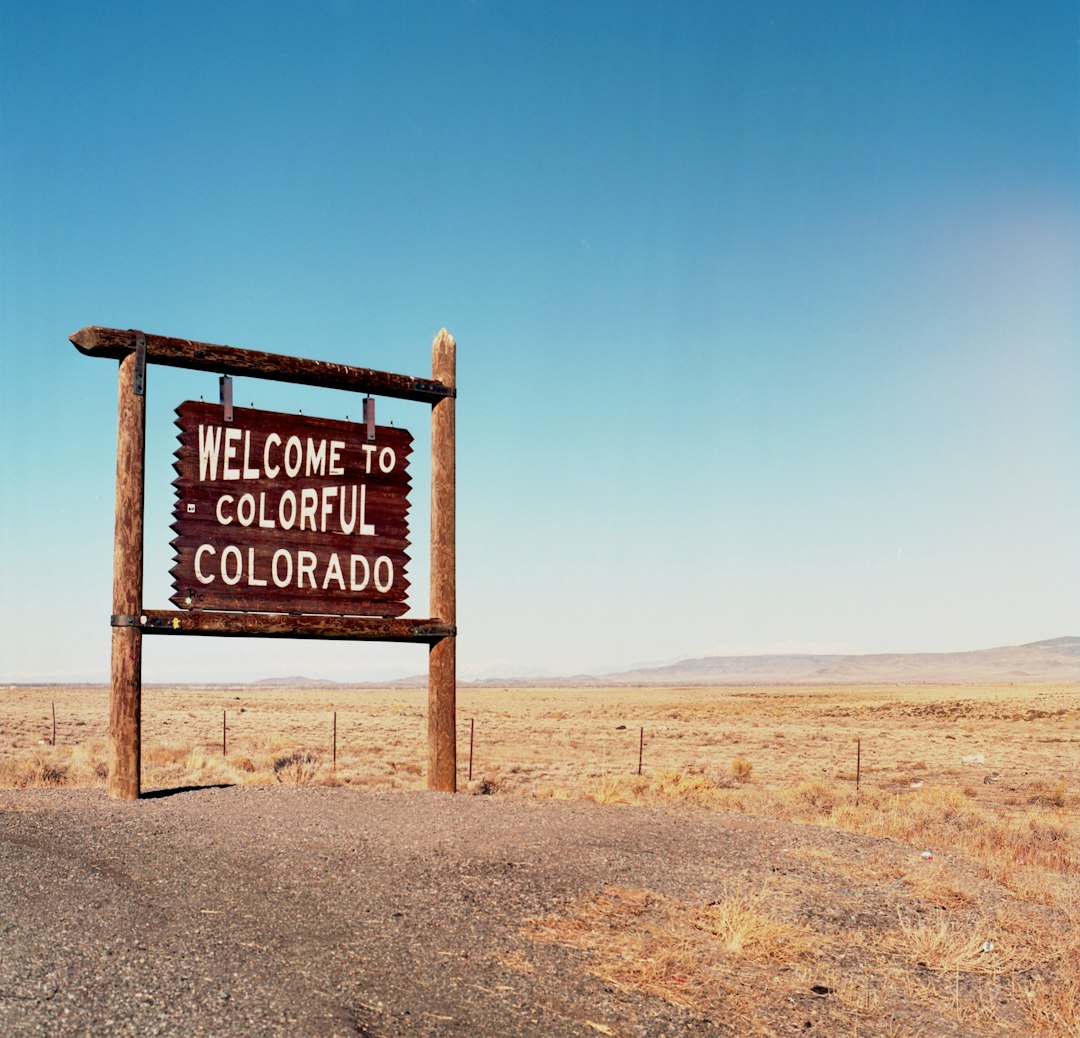Clergy sexual abuse in Colorado has caused profound harm, but increased awareness offers hope. Specialized clergy abuse lawyers and attorneys assist victims in seeking justice through civil litigation, utilizing state laws against religious organizations. Prompt reporting and evidence are crucial with help from these experts who ensure fair compensation. Key strategies include stronger laws, specialized legal aid, community collaboration, and raising awareness to foster accountability within religious institutions. Reputable clergy abuse law firms in Colorado provide expert representation for survivors of clerical sexual assault.
Enforcing Legal Accountability for Sexual Abuse within the Clergy in Colorado
Sexual abuse within religious institutions is a pressing issue that demands attention and swift action. This article explores the imperative of holding clergymen legally accountable for such crimes in Colorado, USA. With an increasing awareness of the pervasive nature of clergy sexual assault, we delve into the current legal framework, its limitations, and potential strategies to enhance support for survivors. By examining these aspects, we aim to emphasize the crucial role of specialized clergy abuse lawyers in representing victims and advocating for systemic change, particularly within clergy abuse law firms across Colorado.
- Understanding Clergy Sexual Abuse and Its Impact in Colorado
- The Current Legal Landscape for Holding Clergymen Accountable
- Roles of Clergy Abuse Lawyers in Colorado: Representing Survivors
- Strategies to Strengthen Laws and Support Victims in CO
Understanding Clergy Sexual Abuse and Its Impact in Colorado
In Colorado, clergy sexual abuse has been a significant and devastating issue, impacting numerous individuals across the state. This type of abuse, often occurring within trusted religious communities, can have profound and lasting effects on survivors’ mental health, relationships, and overall well-being. Many victims struggle to come forward due to feelings of shame, fear, or trust in their abuser, which can lead to prolonged trauma and emotional distress.
The impact of clergy sexual assault extends beyond the immediate victim, creating a ripple effect within families and communities. It erodes the trust in religious institutions and can contribute to a culture of silence. However, with increased awareness and support from organizations and advocates, survivors in Colorado now have options. Experienced clergy abuse lawyers and attorneys in the state specialize in helping victims seek justice and accountability through legal means. These professionals at clergy abuse law firms in CO guide survivors through complex legal processes, ensuring they receive the compensation and closure they deserve while also working to prevent similar instances from occurring in the future.
The Current Legal Landscape for Holding Clergymen Accountable
In Colorado, the legal landscape regarding clerical abuse is evolving, yet challenges remain in holding perpetrators accountable. While there have been notable cases that have brought attention to this issue, such as the high-profile lawsuits against the Catholic Church and individual clergy members, the process of seeking justice can be complex and daunting for survivors. The current legal framework provides a path for victims to pursue civil litigation against abusers and institutions, with the help of dedicated clergy abuse lawyers Colorado and attorneys. These legal professionals specialize in navigating the unique challenges of these cases, ensuring that survivors have access to the justice they deserve.
Many survivors turn to clergy abuse law firms Colorado for support due to the sensitive nature of these matters. The state’s laws, which vary slightly from other jurisdictions, offer specific provisions for addressing sexual assault within religious organizations. This includes legislation aimed at promoting transparency and accountability, as well as protecting victims’ rights. However, the success of legal efforts hinges on survivors coming forward, gathering evidence, and timely reporting to preserve their claims. Clergy sexual assault lawyers Colorado play a crucial role in guiding victims through this process, ensuring that their rights are protected and that they receive fair compensation for the trauma they have endured.
Roles of Clergy Abuse Lawyers in Colorado: Representing Survivors
In Colorado, clergy abuse lawyers play a pivotal role in holding accountable those who have committed sexual abuse within religious institutions. These specialized attorneys focus on representing survivors of clerical abuse, providing them with legal recourse and support during an incredibly challenging time. They navigate the complex web of clergy abuse laws and help clients understand their rights, ensuring they receive justice for the harm they’ve endured.
Clergy abuse lawyers in Colorado work tirelessly to build strong cases against abusers, often dealing with sensitive and emotional matters. They collaborate closely with survivors, offering guidance, and advocating for their best interests. These attorneys also collaborate with various organizations dedicated to supporting victims of clerical sexual assault, ensuring that clients receive holistic care beyond legal representation. Their expertise lies in handling the unique challenges presented by these cases while empowering survivors to take action against perpetrators.
Strategies to Strengthen Laws and Support Victims in CO
Strengthening laws and supporting victims of clergy abuse in Colorado involves multi-faceted strategies. One key approach is to update and enforce existing legislation that addresses sexual assault within religious institutions. This includes enhancing penalties for perpetrators, expanding definitions of consent, and mandating stricter reporting procedures for clergy members.
Victim support can be greatly improved by establishing specialized legal aid programs focused on clergy abuse cases. Providing dedicated clergy abuse lawyers and attorneys in Colorado ensures survivors have access to knowledgeable professionals who understand the complexities of these sensitive matters. Collaborating with local communities and advocacy groups can also help raise awareness, encourage victims to come forward, and foster a culture of accountability within religious organizations.





